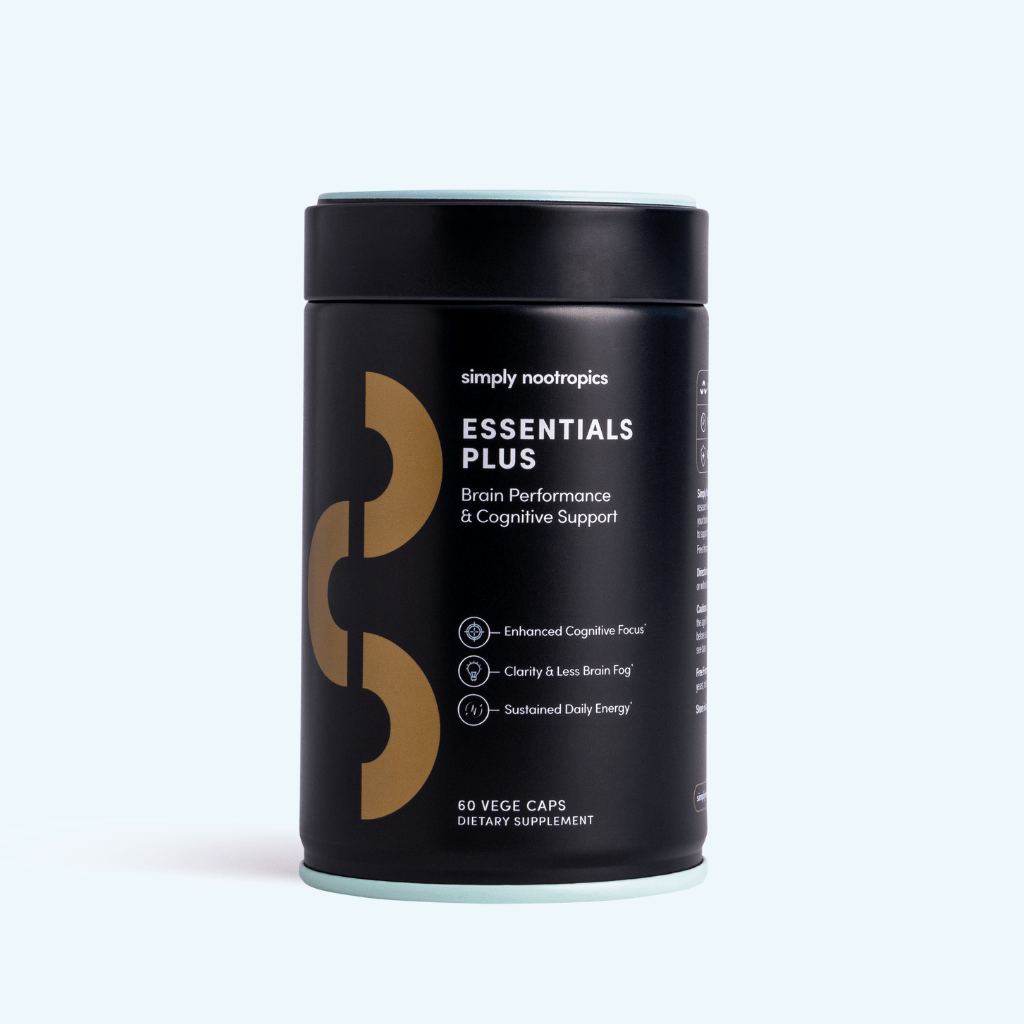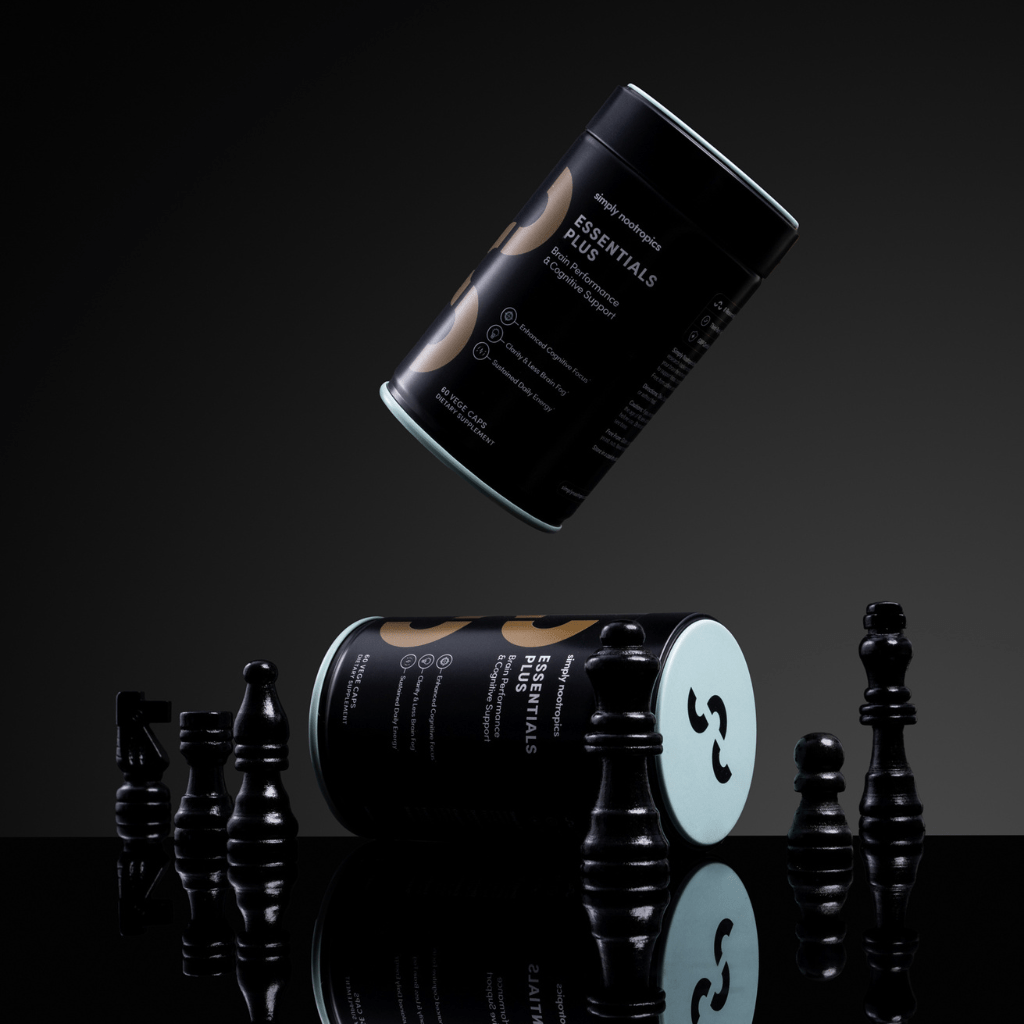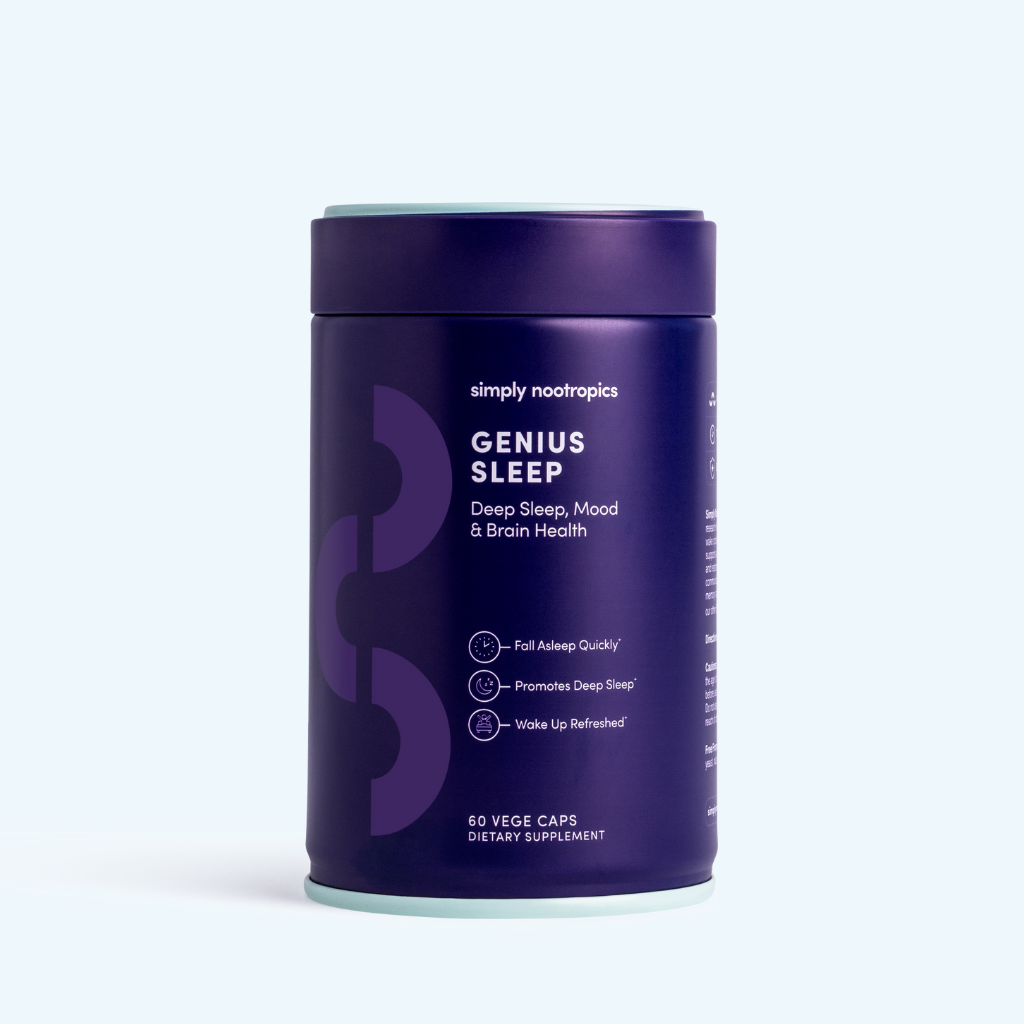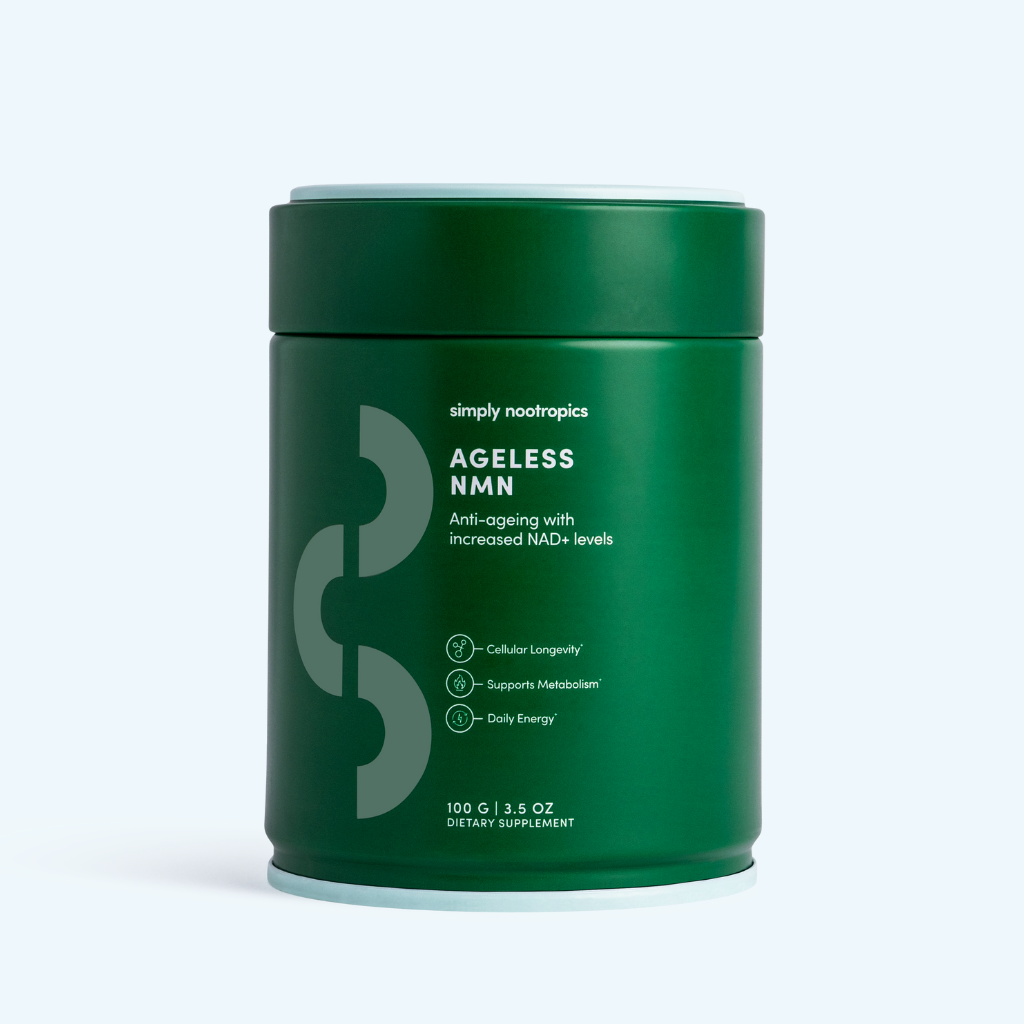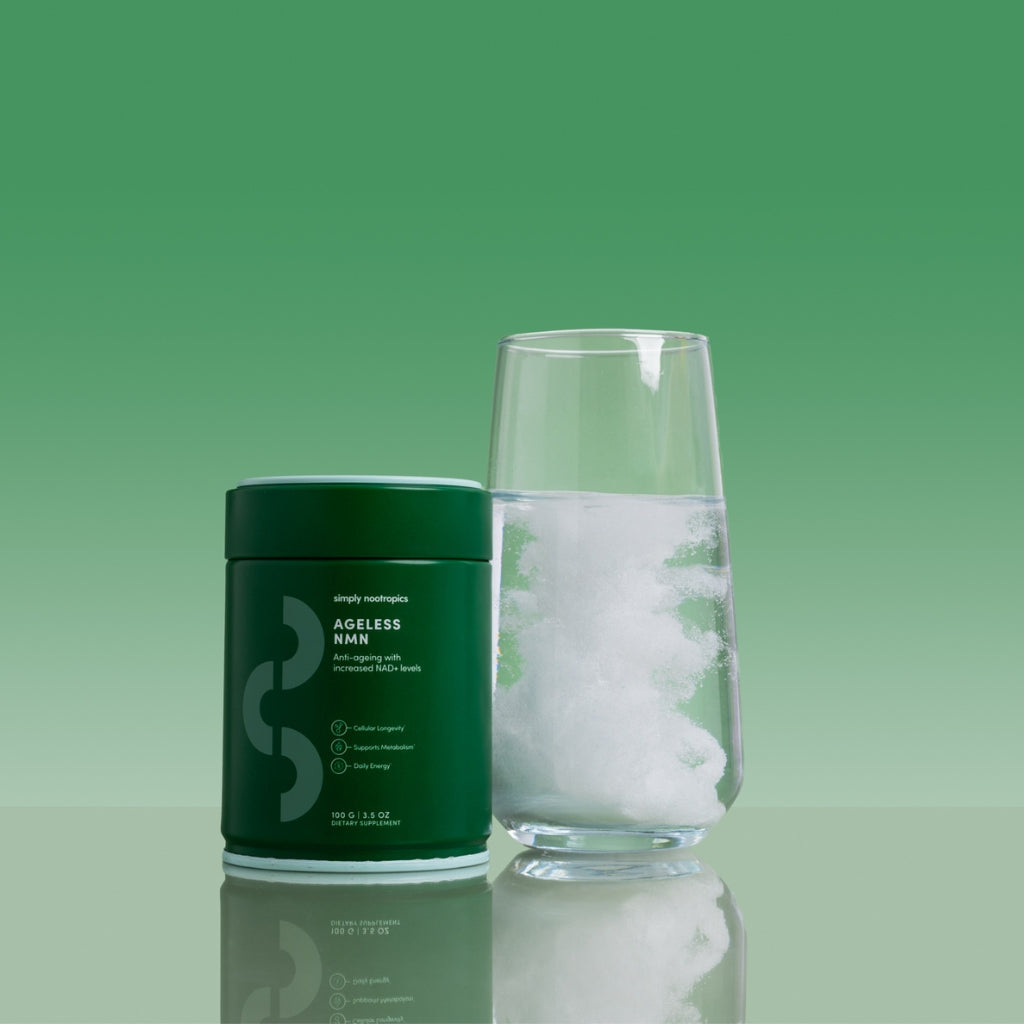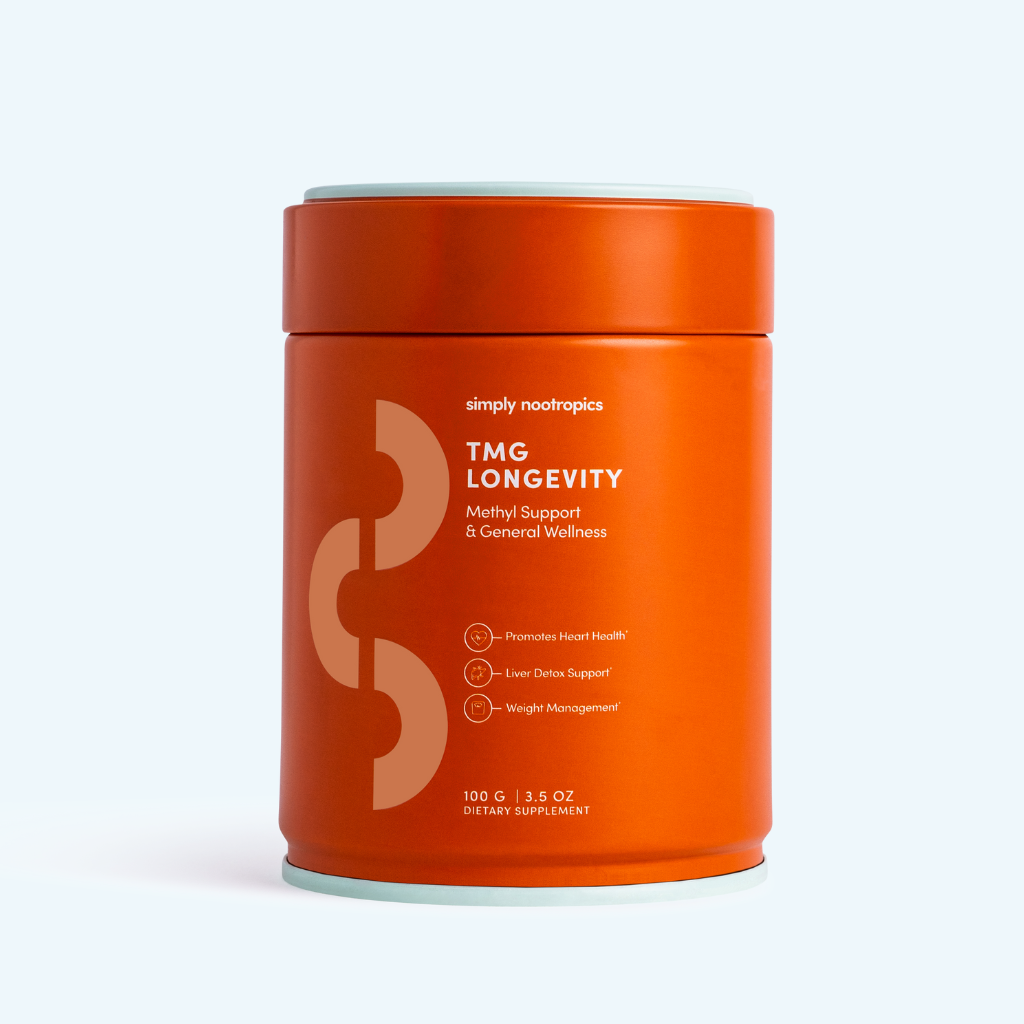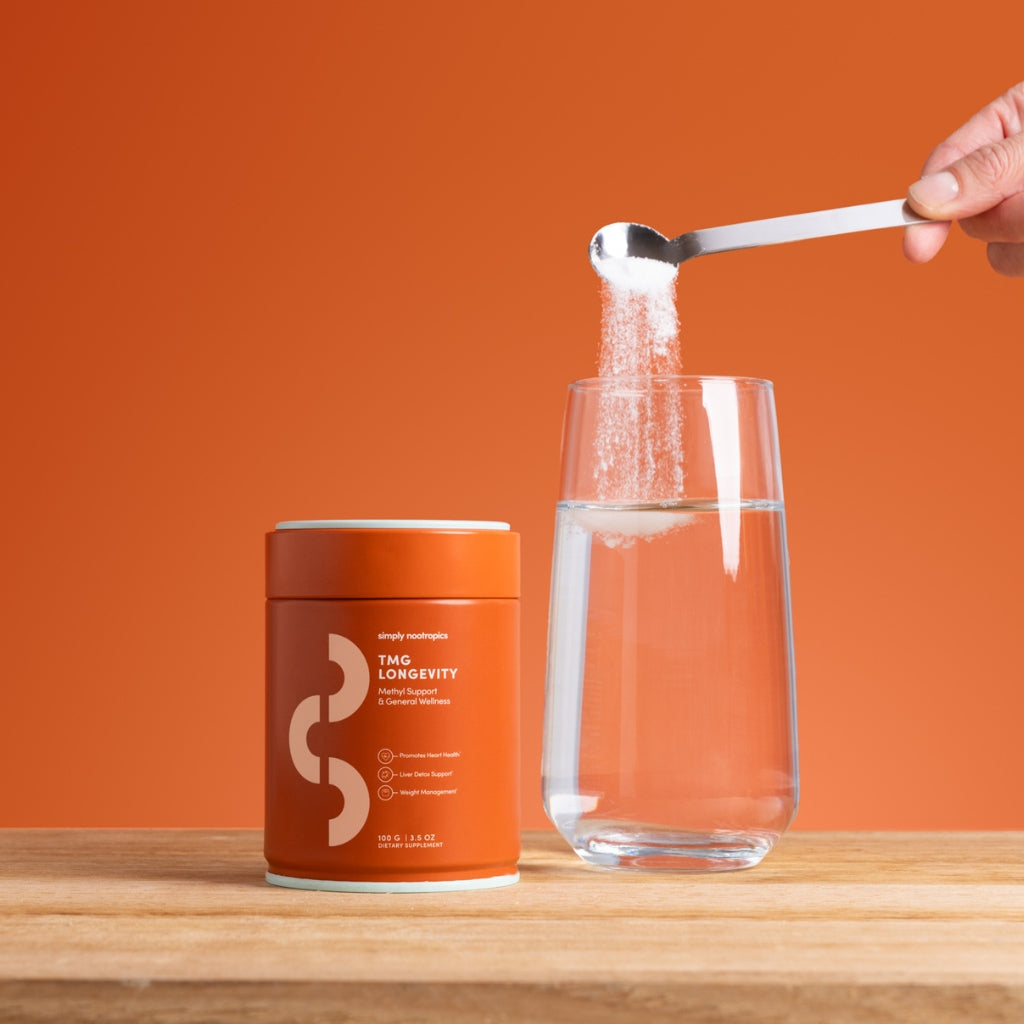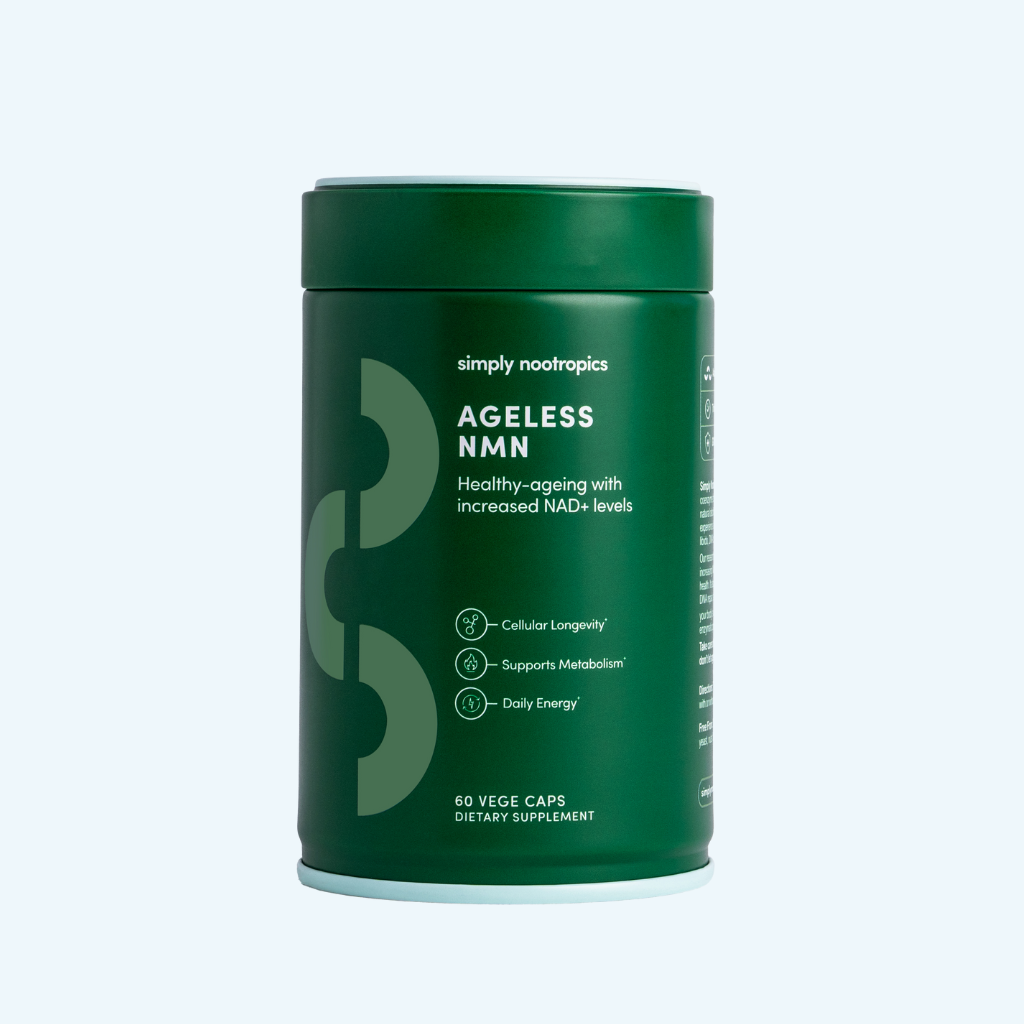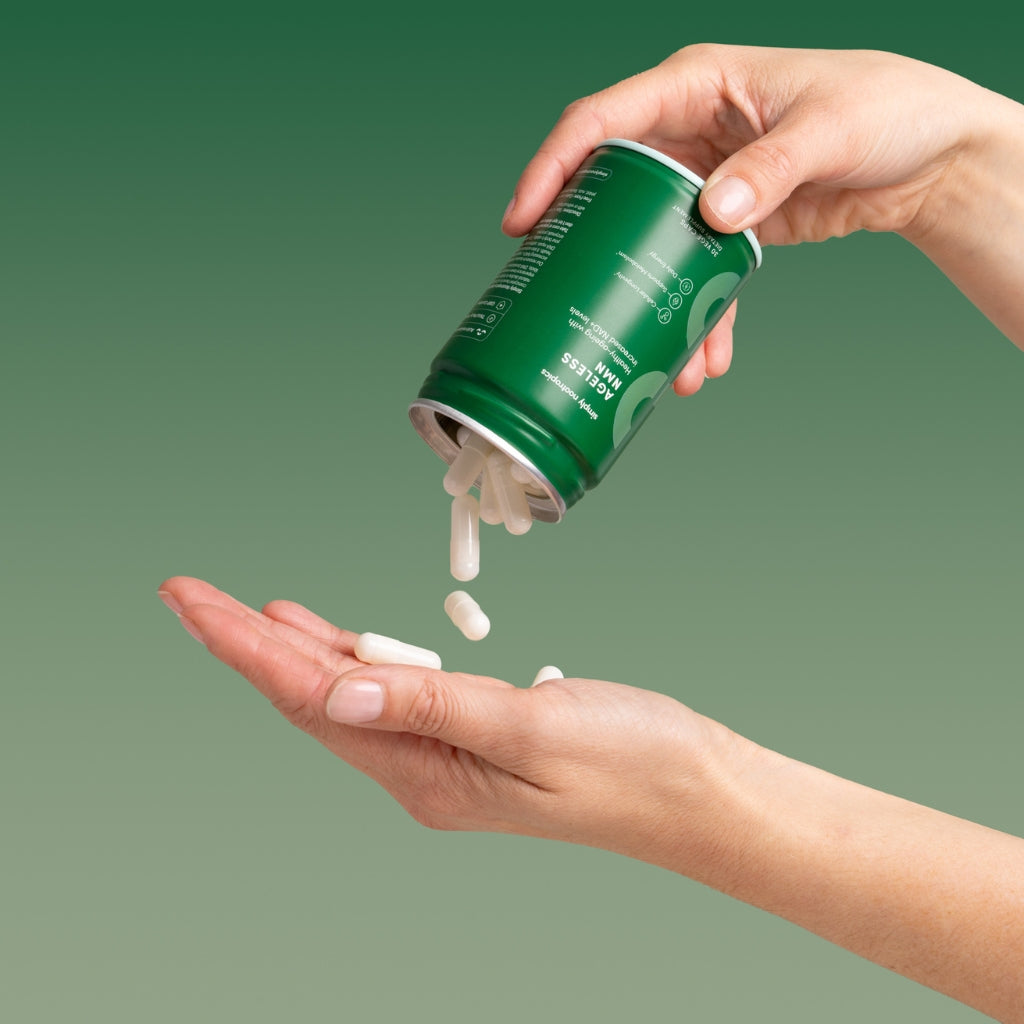This week’s round-up of longevity research takes us from the molecular machinery of caffeine to the surprising resilience of your skin, and how hearing loss and hidden fat types could quietly chip away at your healthspan. Here's what you need to know.
-
Caffeine and the 500-Million-Year-Old Switch
A new study has found that caffeine flips a biological switch that dates back over 500 million years. Researchers discovered that caffeine directly interacts with a highly conserved cellular pathway, one that governs how cells choose between growth and maintenance. The key player? The Target of Rapamycin (TOR) pathway.
TOR is a nutrient sensor found in everything from yeast to humans. When activated, it tells cells to grow. When suppressed, it nudges them toward repair, stress resistance, and autophagy, the process of clearing out damaged cellular components. In animal studies, turning down TOR has been associated with extended lifespan and improved resilience to disease.
What’s fascinating is that caffeine seems to mimic the effects of nutrient scarcity by nudging TOR into its "slow-down" mode. This suggests that, far from being just a morning stimulant, caffeine might help the body prioritise long-term repair over short-term growth.
Of course, this doesn’t mean you should start downing coffee by the litre. High doses of caffeine come with their own set of issues (like sleep disruption, increased blood pressure, anxiety) but this research adds to a growing body of evidence suggesting moderate caffeine intake may offer more than just a temporary buzz. It may be tapping into the body’s ancient, hardwired defences against ageing.
-
The Two Faces of Fat
When it comes to fat, not all types are equal. A recent study examined how subcutaneous fat (the kind just under the skin) and visceral fat (wrapped around your organs) behave differently in response to obesity, and the results are striking.
Subcutaneous fat, it turns out, remains metabolically healthier even when people gain significant weight. It maintains better blood vessel function, supports healthy tissue oxygenation, and may even act as a buffer, soaking up excess lipids before they can do damage elsewhere in the body.
Visceral fat, on the other hand, becomes inflamed, poorly vascularised, and metabolically dangerous. The researchers found that in humans, visceral fat responds to obesity with a collapse in blood vessel growth, leading to cellular hypoxia, chronic inflammation, and disrupted energy metabolism.
This may help explain why people with so-called "normal weight obesity", those who appear slim but carry high levels of visceral fat, face greater risks for heart disease, insulin resistance, and even cognitive decline. It’s not your total fat mass that matters most, it’s where the fat is stored and how it behaves.
This finding also reframes how we think about fat loss. It’s not just about shrinking your waistline or dropping pounds; it’s about reducing the burden of the most harmful types of fat. Future interventions may not aim to eliminate fat altogether, but rather shift its distribution, or protect and support the “good” kind while targeting the bad.
-
Hearing Loss in Midlife and Your Brain’s Future
Losing your hearing in your 50s may do more than make conversations harder, it could actually accelerate cognitive decline. That’s the conclusion of a new study from Brazil, which followed over 800 middle-aged adults for eight years. Those with hearing loss at baseline saw a sharper drop in memory, language ability, and executive function compared to those with normal hearing.
Researchers believe this happens through a combination of mechanisms. First, reduced auditory input may literally shrink the brain’s processing networks, particularly in the auditory cortex and related areas. Second, the cognitive load required to compensate for poor hearing, constantly lip-reading, guessing, asking for repetition, could sap mental resources from other functions. And third, hearing loss often leads to social withdrawal, which is a known risk factor for dementia.
This isn’t just theory. Other studies have linked untreated hearing loss to increased dementia risk, and brain scans show structural changes in people with even mild auditory decline.
The good news? Hearing loss is treatable. Unlike many other age-related changes, interventions like hearing aids and cochlear implants can preserve function and possibly slow cognitive deterioration, if started early.
What this study underscores is that the road to dementia doesn’t begin in your 70s. Midlife is when many of the changes that shape our later years begin. If you’re struggling to hear in noisy rooms, turning up the volume often, or finding communication more effortful, it might be time to get your hearing checked. Protecting your brain may start with your ears.
-
The Skin-Deep Effects of Vitamin C
We’ve long known that vitamin C helps with collagen production and wound healing. But a new study has taken that one step further, showing that vitamin C may actually reactivate dormant skin-growth genes, helping reverse one of the hallmark signs of skin ageing: thinning.
As we age, the skin’s outer layer, the epidermis, tends to become thinner and more fragile. This is partly because gene expression changes over time. Key growth and repair genes are downregulated or even silenced through a process called methylation, where chemical tags are added to DNA and inhibit its activity.
Researchers at Tokyo Metropolitan Institute found that vitamin C supplementation in animal models reversed some of this gene silencing. It promoted DNA demethylation in regions that control skin growth, effectively "waking up" genes that had gone quiet with age. The result was a thicker, more youthful-looking epidermis with stronger barrier function.
While this research is still in its early stages and largely based on animal studies, the implications are exciting. It suggests that vitamin C isn’t just an antioxidant—it may act as a gene-level regulator that helps the skin maintain its regenerative capacity.
For anyone interested in longevity, this is more than a cosmetic finding. The skin is a frontline defence against environmental toxins, pathogens, and UV radiation. As it thins, the body becomes more vulnerable to everything from infections to dehydration. Thicker, healthier skin may not just look better, it may help the whole body function better over time.
And because vitamin C is water-soluble and safe even at relatively high doses, it’s one of the few interventions that’s both accessible and low-risk.
If you’re looking for a simple place to start, skincare might be more than skin deep. Our Vital Beauty formula is designed to support exactly what this new research highlights: collagen synthesis, antioxidant defence, and skin cell renewal. Vital Beauty contains 250mg of Vitamin C per serve, enough to support collagen production and help your skin stay firm, healthy, and resilient.



